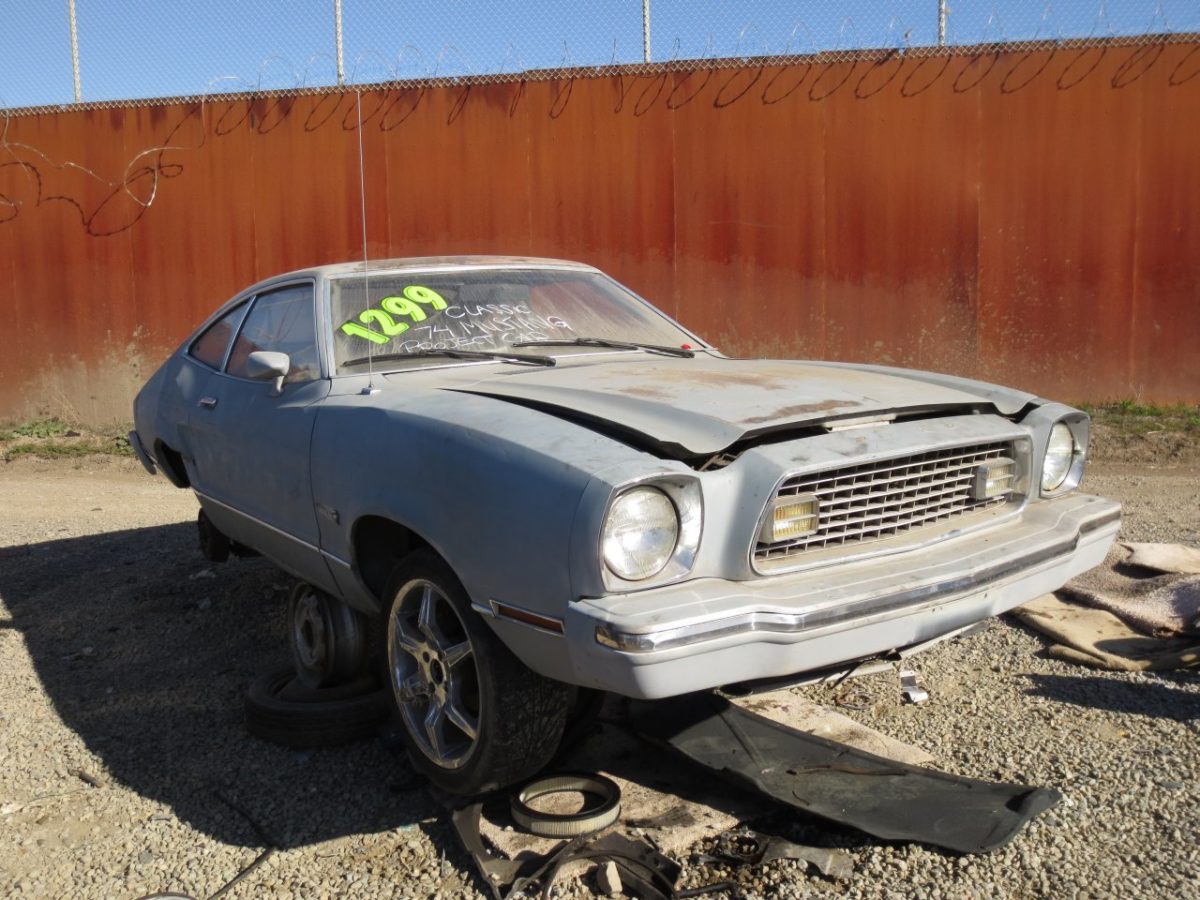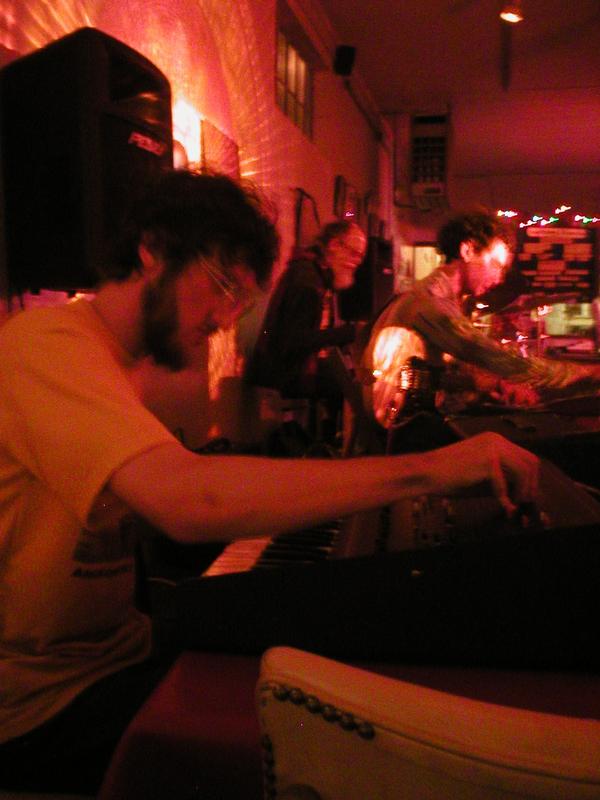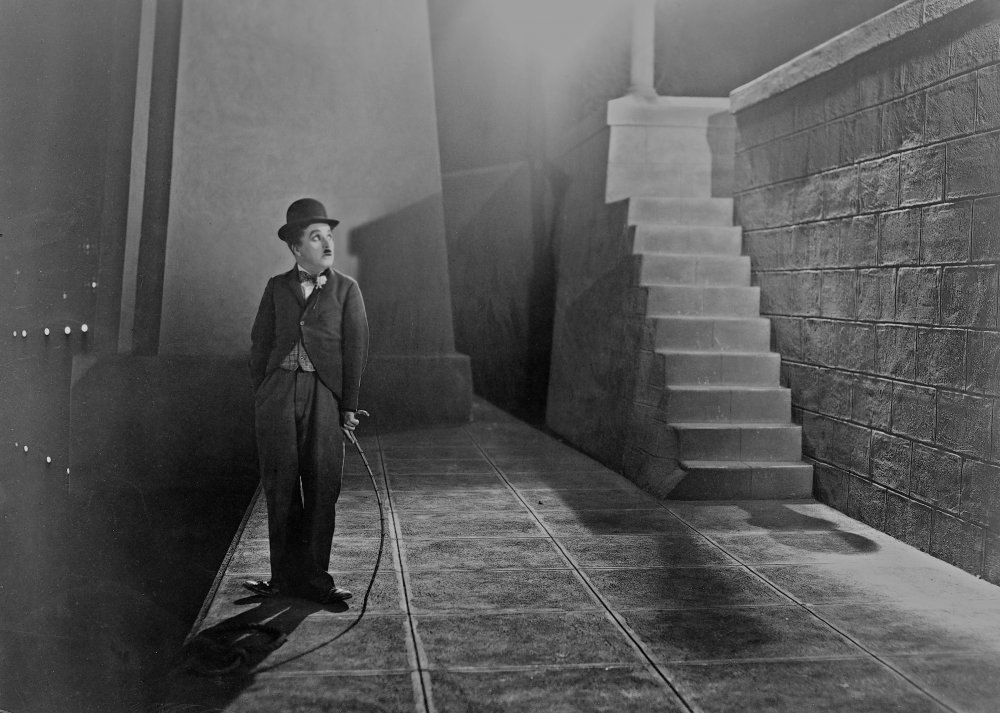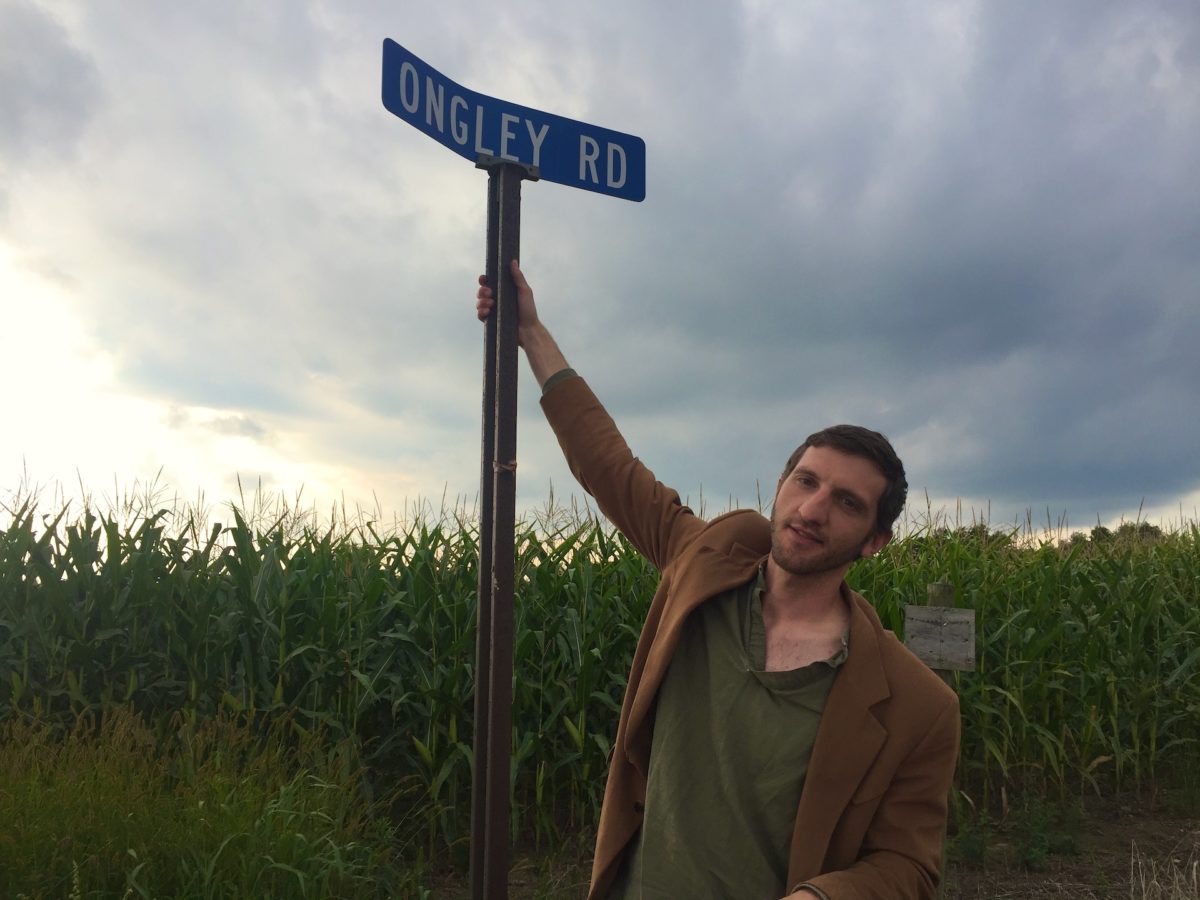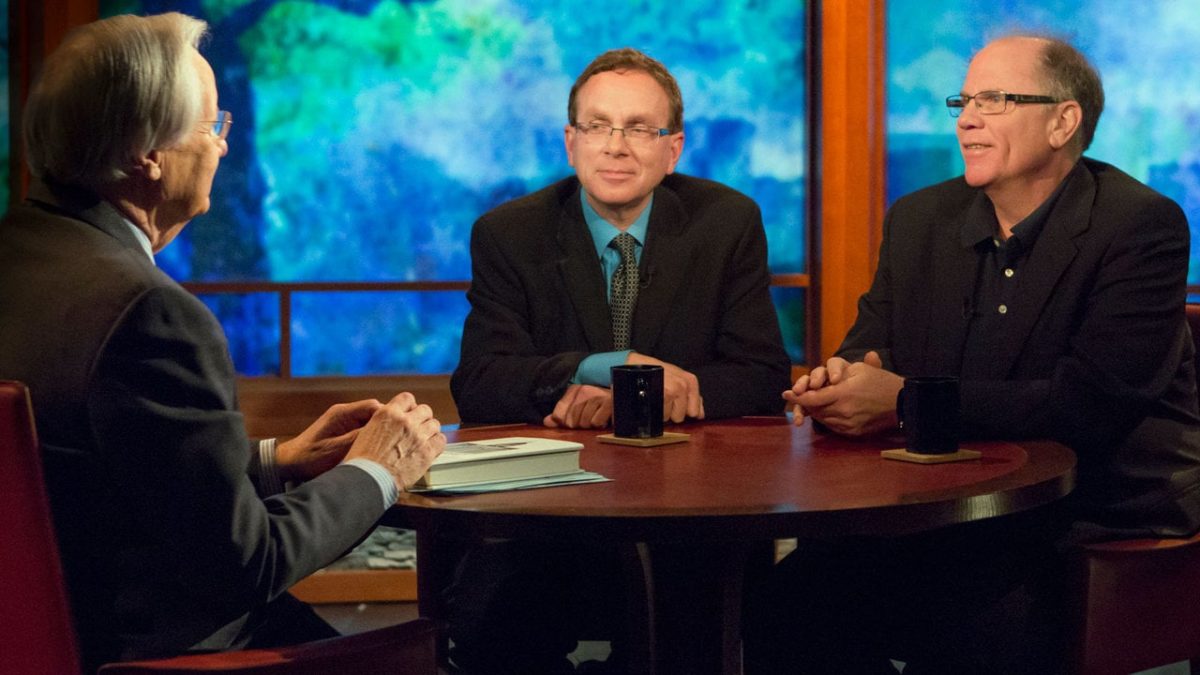Let us imagine you’re fifteen years old and you have a drivers permit. Your parents are middle-class and they have two cars: a Ford Mustang GT Shelby revival series with a six-speed manual transmission, a 250hp V8 motor, but the other is a Ford Focus 125hp 4-cylinder automatic with safety alerts. As a new driver, you may just be excited about the horsepower, but little do you know how to drive it, and your lack of experience could run you off the road. The Focus is a better bet. You should learn to drive with that, then move onto the beast.
Take this scenario as an allegory for finance. The basis of your financial plan has to be the long run. If you’re driving cross country, you’ll be glad for the fuel economy of that Focus. If you’re trying to get somewhere fast, you might need that Mustang. In other words, you’re used to being in the negative financially speaking, so if you’re in a hurry to go 100 MPH, you need to stop going backward first.
My allegorical Mustang is an old one that needs a lot of work, and I’m the one doing that work.
In my previous blog posts, I discussed the importance of changing habits, developing a budget, and broadly changing your outlook. You need to investigate your spending patterns and conform it to a budget. Do a quick search for a budget template and fill it in by looking at your expenses. If you are unbanked, you have to get banked. This makes everything much easier. No doubt you’ll find a place you can reduce your spending when you look at your bank statements. Usually this involves cutting back on entertainment, services, and conveniences.
You might have dozens of specific line items in your budget, but they can fall within four broad categories: Housing, Food & Bills, Transportation, and Discretionary. Part of the budget needs to be a 5-10% savings rate of your gross income. This needs to land in your discretionary budget. All vacationing and entertainment has to fall into that budget as well. I think this is a good psychological way to handle it, for me at least. Because I consciously connect my impulse desires to my long term wealth. Maybe I can grow that money before spending it. Maybe I don’t need that right now. But that is a little advanced, you have to build the structure. The structure is all about banking. It is possible to literally own your bank using cryptocurrencies, but this is risky, advanced, and most likely, you’re paid in fiat currency.
The ideal middle class budget splits the income four ways evenly, with 25% for each of those four categories. That would mean the individual median income of about $50K annually would have a monthly budget of $1,100 available for housing (mortgage or rent), $1,100 for transport (cars, fuel, repairs, taxis, bicycles, public transport), $1,100 available for bills (utilities, taxes, loans), and $1,100 for discretionary spending (vacation, travel, savings, investment). An adult earning the median income with no kids can quickly step into that Mustang. Most folks blow their money on the nicest apartment and car their money can buy. They are foolish.
I personally have never earned more than 50% of the median income. So you can take those figures, cut them in half, that is my budget. It means I spend more on housing and less on transportation, more on investments and less on entertainment. My split is more like 45/15/30/20. I ride my bike and walk most of the time. I bought a cheap house. I repair stuff. I don’t buy new stuff. It is a tight squeeze every month, and yet, I have been able to buy a house, fund an IRA, invest in stocks and cryptocurrencies. My allegorical Mustang is an old one that needs a lot of work, and I’m the one doing that work.
Next, look at where you are banking. Do they charge maintenance fees? Do you get surprised on a regular basis by fees? How about their overdraft policy? Is it straightforward and in your favor, or is it against you? Generally speaking, you are better off with any Federal Credit Union than a standard corporate bank. You will find they don’t have tricky minimum balances, and they will pay you tiny little dividends in your checking rather than charge you every month. One thing I have found is that corporate banks have better online platforms, so I like to use both. It is just a matter of doing your research to decide where to move your money.
I do not endorse any banks, and I’d rather not reveal where I bank. There are interesting features at all banks. Credit Unions were consolidated after the 2008 bailouts, so they are more accessible than ever, but they are State-based. CapitalOne is a tech-based national bank, ideal for those building credit, or prefer mobile services, but branches are hard to come by. Other corporate banks may have unrivaled branch access in your region. Charles Schwab offers standard checking and saving accounts plus brokerage services. Robinhood now offers debit cards and you can trade cryptos there. You must evaluate your needs and select the most advantageous banks for your needs.
My recommendation is to keep two different checking and savings accounts, one for processing your regular income and one for managing your savings and investments. Here is how this works. Suppose you have $1000 coming in every two weeks. You set your direct deposit up in the corporate bank, manage all of your bills, and make sure that this account holds $2,000 after every paycheck. Most folks have a wave of bills every two weeks. If you have no income for a month, this account should hold for as much as two months before going negative.
After you have this amount and you have trained yourself not to spend it, then you can take that savings budget and put it into the credit union account. Here you should also have at least another $1,000 in savings before you start contributing into investment accounts. Moreover, if you’re managing at this rate, your credit has probably improved, so you can also manage emergencies with credit lines. This is a future blog topic, however.
If your goal is to become a first-time homebuyer, the IRA is where I recommend you stage that down payment money. These accounts are great. Every dollar you put in is tax deductible. You get another tax credit if you’re a low-income earner when you make IRA contributions. When I was saving for a house, I didn’t know this, and unfortunately I could have earned a massive tax refund for both 2017 and 2018, but I was just learning how to save my money — to get out of the negative.
In my next post, I will analyze how I could have maximized my savings during that time using storages of value such as Bitcoin, while comparing that to other growth options, their risks and advantages. This will be applied directly to our current situation economically speaking. This is one of the best moments in the last thirty years to maximize investments if you are starting from scratch.
A thriving stock market recovering from shock, low interest rates for real estate, and cryptocurrencies: This is a rare moment to step into investing. Not everyone is positioned to jump into that, and one should expire their driver’s permit before moving into risk management. Because that is what volatile investments are, a game of risk management.
